Gerapetritis: Monday’s discussion in Ankara will be frank and raise even the ‘thorny’ issues
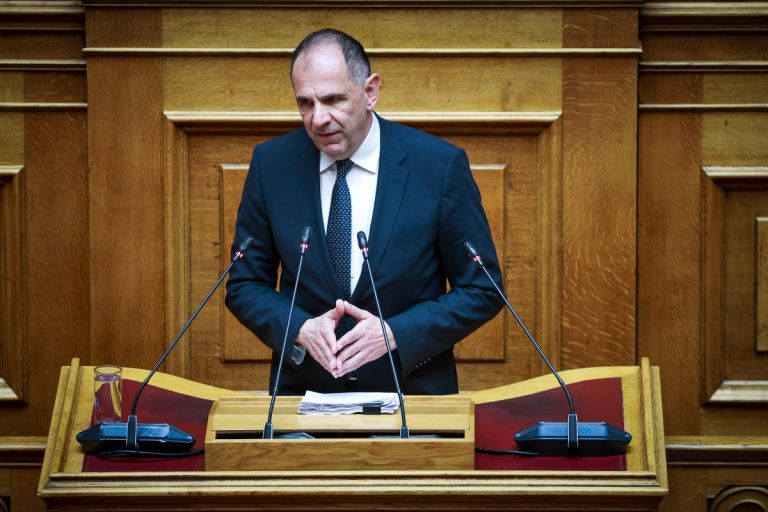
Πηγή Φωτογραφίας: Eurokinissi (Αρχείου)//Greece's aim is to create conditions for mutual understanding and basic sincerity in its relations with Turkiye, Foreign Minister George Gerapetritis indicated during an interview with SKAI radio on Thursday.
Greece’s aim is to create conditions for mutual understanding and basic sincerity in its relations with Turkiye, Foreign Minister George Gerapetritis indicated during an interview with SKAI radio on Thursday.
Talking about the meeting in Ankara on Monday between Prime Minister Kyriakos Mitsotakis and Turkish President Recep Tayyip Erdogan, he said that a “frank discussion” should be expected, in which all issues, even the “thorny” ones, will be raised by the two leaders and a schedule decided as regards the next steps in the positive agenda, political dialogue and the confidence building measures.
Gerapetritis said it was crucial to not “overdramatise” meetings between the leadership of the two countries but view them as ordinary working visits between two countries. He also noted that the government at no time considered making changes to the visit, despite the “very disappointing” decision, both in terms of its timing and as to its essence, to convert the former Byzantine Monastery of Chora into a mosque.
He said this issue will be raised with both the Turkish president and Gerapetritis’ counterpart “so that they also realise how very important it is, not just for Greece but for the whole world,” while emphasising the site’s importance as a world cultural heritage monument.
At the same time, he pointed out that neither Greece nor Turkiye would be changing their fundamental positions through this process, as these were part of the ongoing national strategy cultivated by the two countries. “What we are seeking through Greek-Turkish rapprochement is, primarily, a period of calm,” he added, pointing out that violations of airspace had fallen to virtually nil and that this had more than just an economic and military dimension, since crises were the result of accidents and the lack of channels of communication that might defuse tension.
Gerapetritis reported having “open and sincere communication” with his Turkish counterpart on all issues, both big and small, while pointing to a sharp decline in migration flows as a result of cooperation and communication in fighting trafficking networks. “All these conditions are very important so that we can have a level of, if not agreement on everything, at least of mutual understanding and basic sincerity,” he added.
While there was a “fixation on basic positions of Turkish foreign policy” that were part of Turkiye’s agenda, Gerapetritis said, Greece had its own very specific positions, “which are based on international law and from which we will never deviate.” “There are points on which we will not even enter into a negotiation,” he pointed out, stressing that issues of sovereignty were “internal, non-negotiable and inalienable” elements that are not up for discussion.
Regarding the possible inclusion of Turkiye’s ‘Blue Homeland’ doctrine in the country’s school books, Gerapetritis said that Greece was waiting to see what will actually be decided and then take the necessary action, without conceding any of its rights. At the same time, he highlighted that a legacy of peace for future generations was superior to “living with one’s finger on the trigger”, while noting that Greece’s readiness was reflected in the strengthening of its national defence in recent years.
“Calm, national security and national confidence do not come about through cheap talk, nor dangerous manoeuvres in the field. They come through dialogue, through consultation, through strength and self-confidence,” he said, pointing out that Greece’s “diplomatic capital” was now greater than ever as the country had a “very strong voice and very strong alliances.”
Greece was entering the discussion armed with this strong diplomatic capital, in a spirit of consultation rather than compromise or concession, Gerapetritis stressed: “This means that we must also listen to the other side, learn its positions, understand how they see things, not only Turkiye but all our neigbours and other international actors and be ready for all possibilities.”
The foreign minister reported systematic progress in the ‘Positive Agenda’, where a number of agreements and statements with Turkiye have been signed relating to various activities, such as the fast-track visas for Turkish tourists in the Aegean. He also noted that a discussion on delineating the continental shelf and exclusive economic zones was one of the government’s goals, as a lasting peace could not be depended on as long as this remained unresolved.
Gerapetritis said that Greece is monitoring developments in neighbouring North Macedonia after the elections and preparing for all outcomes, while expressing hope that there will be no change in the country’s foreign policy. He pointed out that neither Greece nor North Macedonia can unilaterally modify the Prespa Agreement and that both sides must fully respect it, especially as it is also one of the requirements for North Macedonia’s admission to the European Union. Regarding a visit by Albanian Prime Minister Edi Rama to Greece, in light of the ongoing imprisonment of Himare’s ethnic Greek mayor-elect Fredi Beleri, he said this was “inopportune”. The minister pointed out that issues of democracy, minority rights and the rule of law, such as the Beleri case, “can never be a bilateral give-and-take” but touched on the fundamentals of sovereignty and the democratic character of every country.
Such fundamental issues were the first chapter in EU accession negotiations with Albania, he said, and Greece, while supporting Albania’s European perspective, would not make any concessions in terms of the European acquis and European values.
Διαβάστε όλες τις τελευταίες Ειδήσεις από την Ελλάδα και τον Κόσμο







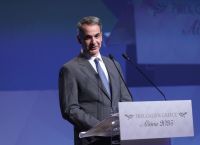
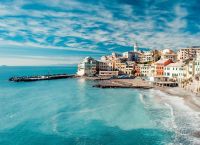
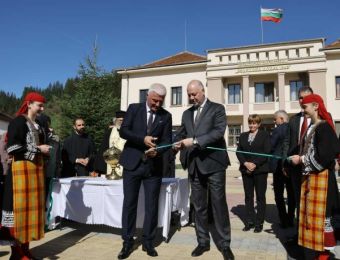
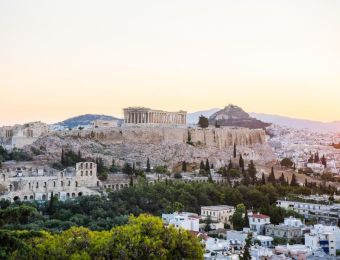

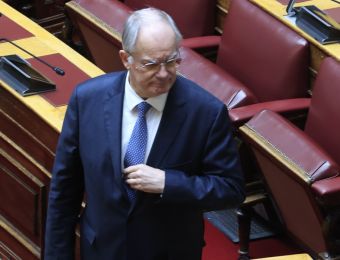
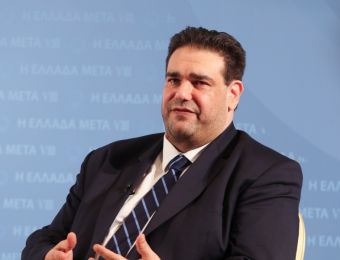
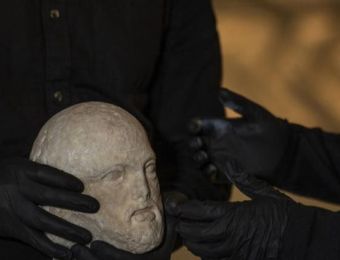
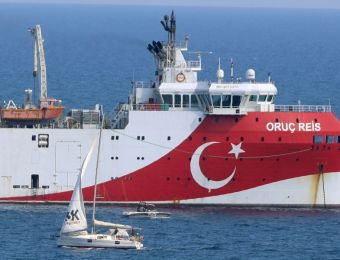

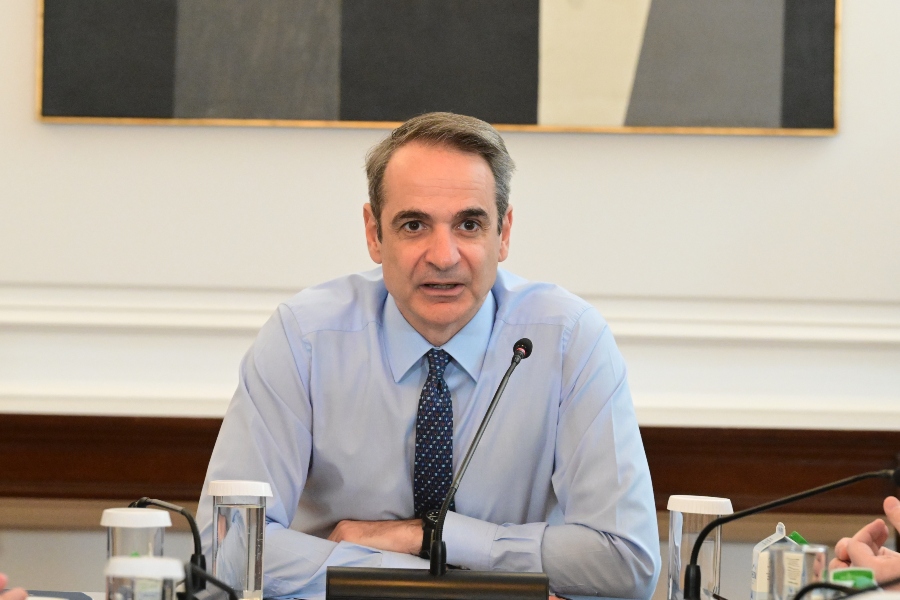

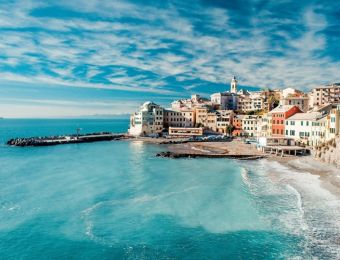

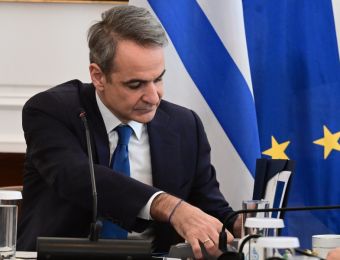



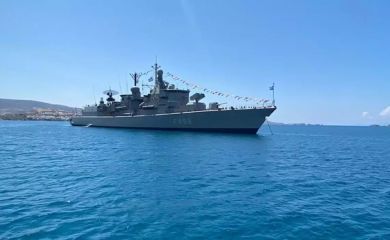
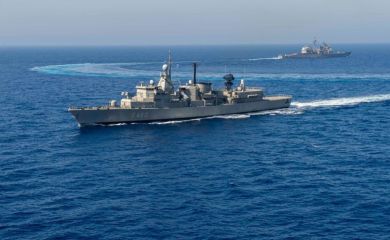
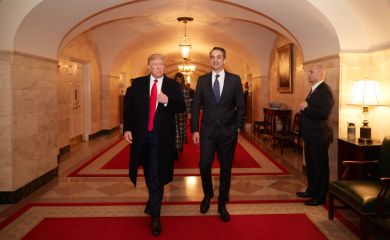
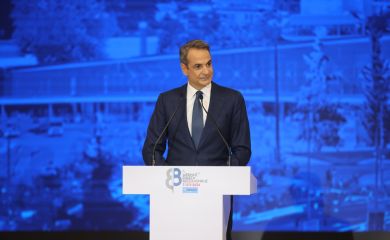


Το σχόλιο σας